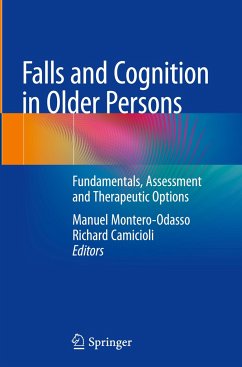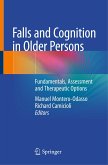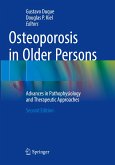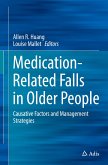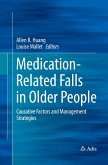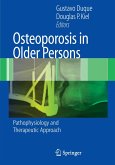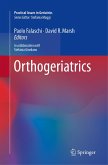Despite of the enormous efforts of researchers and clinicians to understand the pathophysiology of falls in older adults and establish preventive treatments, there is still a significant gap in our understanding and treating of this challenging syndrome, particularly when we focus in cognitively impaired older adults. Falls in older adults are a very common yet complex medical event, being the fifth leading cause of death and a main cause of insidious disability and nursing home placement in our world aging population. Importantly, falls in the cognitively impaired double the prevalence of the cognitively normal, affecting up of 60% of older adults with low cognition and increasing the risk of injuries. The past decade has witnessed an explosion of new knowledge in the role of cognitive processes into the falls mechanisms. This was also accompanied with clinical trials assessing the effect of improving cognition via pharmacological and non-pharmacologic approaches to prevent falls andrelated injuries. Unfortunately, this revolution in emerging interventions left a gap between clinician-scientists and researchers at academic centers where the new data had been generated and the practitioners who care for cognitively impaired patients with falls. Most advances are published in specialty journals of geriatric medicine, neurology, and rehabilitation.
The aim of this book is to reduce this gap and to provide practical tools for fall prevention in cognitively impaired populations. The proposed book is designed to present a comprehensive and state-of the-art update that covers the pathophysiology, epidemiology, and clinical presentation of falls in cognitively impaired older adults. We additionally aim to reduce the knowledge gap in the association between cognitive processes and falls for practitioners from a translational perspective: from research evidence to clinical approach. We will address gaps and areas of uncertainty but also we will provide practicalevidence-based guidelines for the assessment, approach, and treatment of falls in the cognitively impaired populations.
This book is a unique contribution to the field. Existing textbooks on fall prevention focus in global approaches and only tangentially address the cognitive component of falls and not purposely address special populations and/or settings as residential care and nursing homes. Due to the expected increase of proportion of older adults with cognitive and mobility impairments, this book is also valuable for the whole spectrum of the health care of the elderly. By including a transdisciplinary perspective from geriatric medicine, rehabilitation and physiotherapy medicine, cognitive neurology, and public health, this book will provide a practical and useful resource with wide applicability in falls assessment and prevention.
The aim of this book is to reduce this gap and to provide practical tools for fall prevention in cognitively impaired populations. The proposed book is designed to present a comprehensive and state-of the-art update that covers the pathophysiology, epidemiology, and clinical presentation of falls in cognitively impaired older adults. We additionally aim to reduce the knowledge gap in the association between cognitive processes and falls for practitioners from a translational perspective: from research evidence to clinical approach. We will address gaps and areas of uncertainty but also we will provide practicalevidence-based guidelines for the assessment, approach, and treatment of falls in the cognitively impaired populations.
This book is a unique contribution to the field. Existing textbooks on fall prevention focus in global approaches and only tangentially address the cognitive component of falls and not purposely address special populations and/or settings as residential care and nursing homes. Due to the expected increase of proportion of older adults with cognitive and mobility impairments, this book is also valuable for the whole spectrum of the health care of the elderly. By including a transdisciplinary perspective from geriatric medicine, rehabilitation and physiotherapy medicine, cognitive neurology, and public health, this book will provide a practical and useful resource with wide applicability in falls assessment and prevention.

